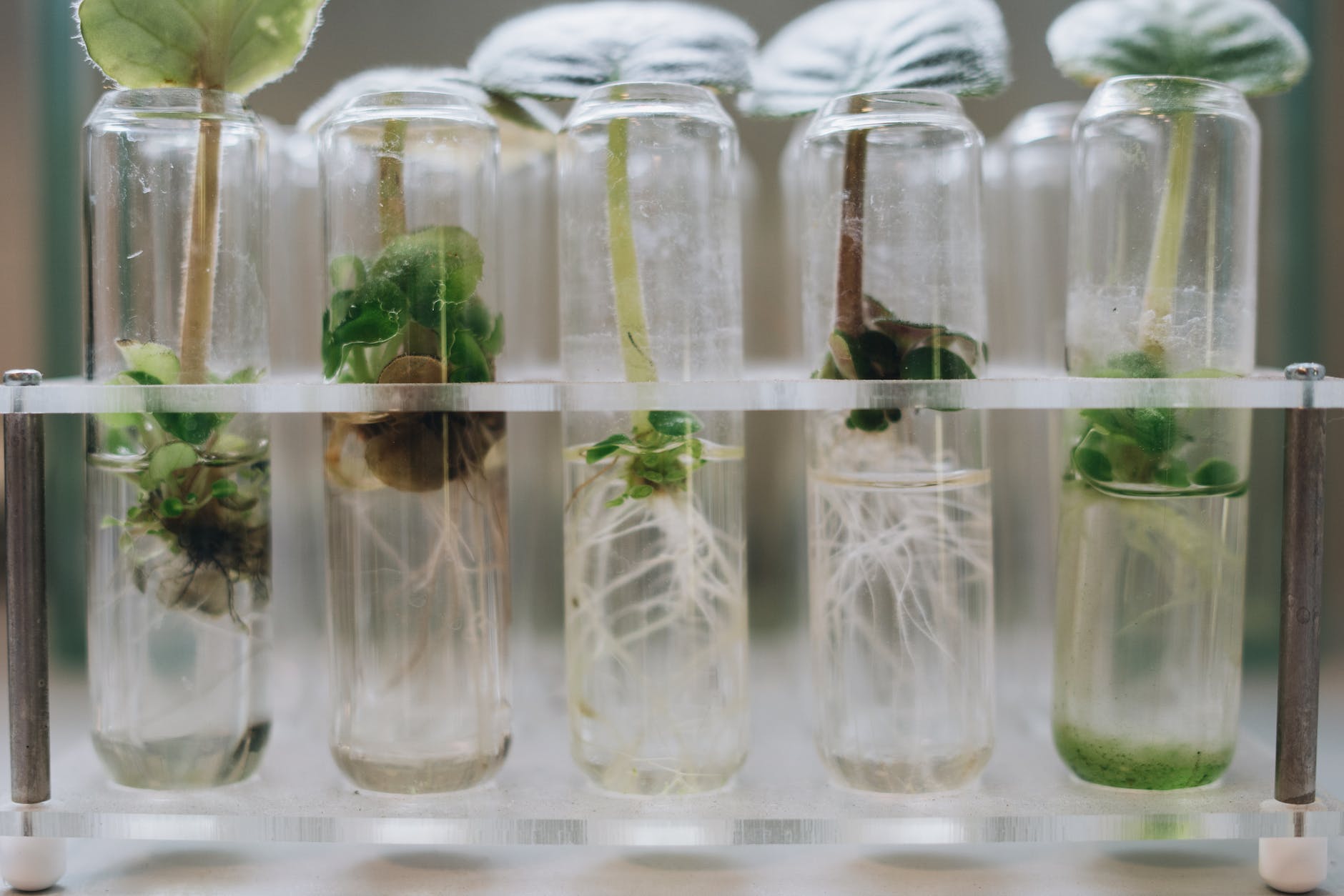
Biotechnology
Biotechnology is perfectly positioned to substitute more sustainable biological alternatives for harmful materials and chemical processes. This research is based on millions of years of evolution in which people have specialized in producing and recycling various chemicals and substances. These biological processes have the potential to break down waste more efficiently and produce materials with less pollution, water, land, and energy use than traditional approaches.
Our environment is experiencing grave threats due to rapid industrialization and urbanization. These include natural resource depletion, pollution, and various other issues. These issues can be effectively addressed by utilizing biotechnological applications.
Environmental biotechnology has combined previously used technologies and processes like composting and wastewater treatment; it is not a new field of study. Air, water, and soil pollution have increased as human activities in industry, transportation, agriculture, and houses have advanced. According to some remote research, a handful of these contaminants can be reduced by biotechnological techniques.
Let’s explore how biotechnology helps the environment and improves our lives.
Why We Need Biotechnology
Biotechnology is an interdisciplinary field that uses living organisms, cells, and biological systems to create new products, improve existing ones, and solve complex problems. The importance of biotechnology can be seen in various fields, including medicine, agriculture, industry, and the environment. Here are some of the key reasons why biotechnology is important:
- Advancements in Medicine: Biotechnology has revolutionized how we treat diseases and has led to the development of new therapies, vaccines, and diagnostic tools. For example, biotechnology has made it possible to produce insulin for people with diabetes and has led to the development of gene therapies to treat genetic disorders.
- Eco-Friendly Industrial Processes: Biotechnology has led to the development of more eco-friendly industrial processes, such as using enzymes and other biological materials to replace traditional chemical processes. This has reduced pollution and waste, making industrial processes more sustainable and environmentally friendly.
- Economic Benefits: Biotechnology has created new industries and jobs, and has led to economic growth and development. The biotech industry is a major contributor to the global economy, and the demand for biotech products and services is expected to continue to grow.
Biotechnology plays a vital role in advancing our understanding of living organisms and their interactions with the environment. The innovations and discoveries made in biotechnology have led to significant improvements in human health, food security, environmental sustainability, and economic growth.
5 Ways Biotechnology Helps The Environment
Humans and other living species must continue to evolve without endangering our environment. With the increase in world population, more resources are required to carry out human activities. As a result of this, these resources are rapidly depleting. Biotechnology plays a crucial part in safeguarding those assets.
There are numerous uses for environmental biotechnology. Here are five ways biotechnology can help the environment.
Bioremediation
Bioremediation uses microorganisms or enzymes to break down toxic substances into less harmful compounds. For example, bacteria can be used to break down oil spills, and plants can be engineered to absorb heavy metals from soil.
Agricultural Improvements
Biotechnology can help improve agricultural practices to make them more sustainable and reduce the impact on the environment. For example, genetically modified crops can be engineered to resist pests and require fewer pesticides. Biotechnology can also be used to develop more efficient and environmentally friendly fertilizers.
Industrial Biotechnology
Biotechnology can be used to develop new materials and processes that are more sustainable and eco-friendly. For example, bioplastics can be made from renewable resources such as corn starch, and enzymes can be used to produce biofuels that are less polluting than traditional fossil fuels.
Biological Control of Pests
Biotechnology can also be used to control pests in a more environmentally friendly way. For example, genetically modified insects can be released into the environment to control pest populations, reducing the need for chemical pesticides.
Conservation Biology
Biotechnology can help preserve endangered species and protect biodiversity. For example, cloning and genetic engineering can be used to restore endangered species populations, and DNA analysis can be used to identify and protect species that are at risk of extinction. Additionally, biotechnology can be used to study and understand ecosystems, which can inform conservation efforts and management strategies.
Bottom Line
Biotechnology can considerably support sustainable development. Environmental biotechnology is one of the most rapidly developing and useful branches of science today. Technologies for reversing and avoiding additional environmental deterioration are being developed quickly as a result of research into the genetics, biochemistry, and physiology of exploitable bacteria.
FAQs
What advantages does biotechnology offer?
The World Economic Forum claims that biotechnology has a variety of advantages for people. Some of them are:
- Sustainable chemical, energy, and other material production.
- The production of sustainable food is increased by genetically modified crops.
- Zero-waste bioprocessing uses seawater to manufacture chemicals and fuel.
What are some uses of environmental biotechnology?
The use of bacteria to break down contaminants in water and soil, the use of algae to absorb excess nutrients from wastewater, and the use of fungi to degrade organic waste in landfills are a few examples of environmental biotechnology applications.






